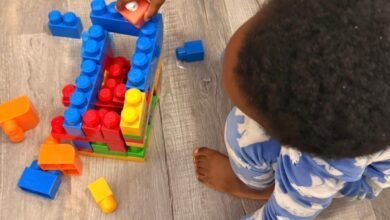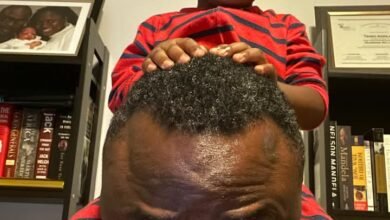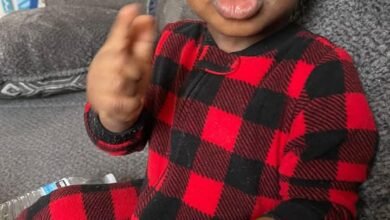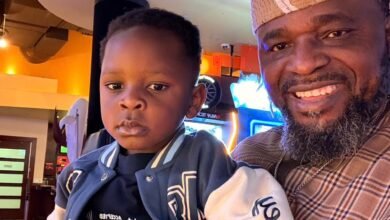How to Create Safe Spaces for Our Precious Children: Lessons from Observing My Son
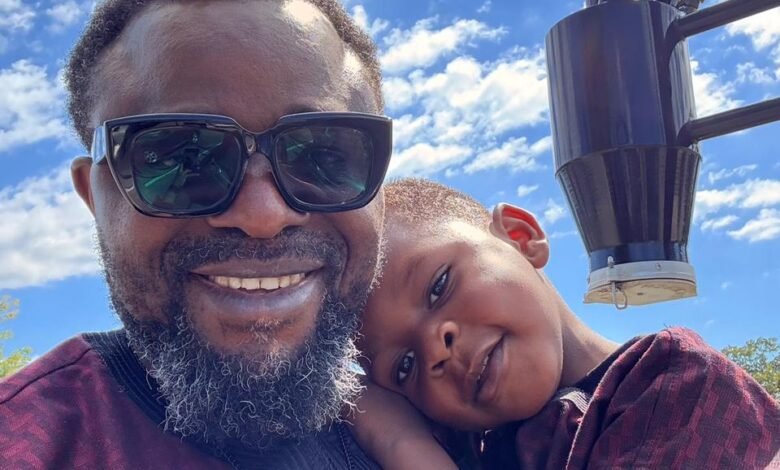
I became a biological father at the age of 51. Today, our son is three, soon to be four. At 55, raising him is both a privilege and a profound classroom. I often say I have learned more from observing him than from raising him, because observation is the foundation of raising.
Objective knowledge about children is important, but it remains abstract until it is applied to the uniqueness of the particular child before you. No two children are the same. No two families are identical. That is why I study my son carefully, and one of the deepest lessons he has taught me is this: every child needs a safe space.
Why Safe Spaces Matter
Many adults today live without a single safe space. They move through life without a person or place where they can be vulnerable. For some, even their nuclear family is not safe. This reality is devastating because human flourishing is impossible without at least one secure place of rest, acceptance, and honesty.
From the beginning, my wife and I resolved that our home would be that safe space for our son, and that we ourselves would be his safe people. To create such a space, judgment must be removed. Discipline is not judgment.
Love is the foundation of discipline. Judgment, on the other hand, focuses on who is wrong rather than what is wrong. Judgmental statements, “Didn’t I tell you? I knew this would happen.” attack the person rather than address the behavior. And when a child encounters judgment, what is lost is not simply trust; what is lost is the child’s willingness to tell you the truth.
The Power of Self-Preservation
Every human being is wired for self-preservation. Babies cry because they do not trust that you will figure out their hunger. Crawling begins not with permission but with instinct. Children stretch out their hands because they trust you to carry them, just as the Yoruba proverb reminds us: “It is the child that stretches out his hands that the parent carries.”
But self-preservation does not disappear with age. It simply becomes more sophisticated. A child will only relax their guard where love, appreciation, attention, and non-judgment are consistently demonstrated. That is where self-preservation yields to vulnerability. That is what a safe space provides.
A Lesson from My Son
Sometimes, when we ask our son if he did something, he will say “No,” even when he clearly did it. Our first reaction was agitation “Why is he not telling us the truth?” But then I realized something deeper.
When a child does not tell the truth, the problem is not lying in itself. The real issue is that the child does not yet feel safe enough to tell you the truth. Children test the ground before they reveal themselves. If they sense judgment, they will hide. If they sense safety, they will open up.
This insight reshaped our parenting. Instead of insisting “Tell me the truth! Tell me the truth!” which only confirms his fear, we decided to keep affirming him. We chose to help him know, through consistent action, that no matter what happens, he can talk to us. Words alone will not build this assurance; only our actions will.
If we are his safest people, he will share anything with us. But if we fail, he will seek that safe space elsewhere, in friends, in peers, in harmful communities, or even in technology that cannot love him back.
Consequence vs. Judgment
A critical distinction here is between consequence and judgment. Consequence addresses what went wrong and helps the child learn. Judgment attacks who is wrong and erodes trust.
Children must experience consequences, but they must never live under judgment. The former teaches. The latter condemns. Safe spaces are built by the steady hand of consequence wrapped in the arms of love, not the whip of judgment.
My Commitment
So my wife and I continue to work daily to ensure our home is a refuge of safety. We are determined to be safe people, so that our son will always know there is a place in this world where he can stretch out his hands and be carried, not condemned.
Because the truth is this: if parents do not become the safe spaces for their children, others will. And those “others” may not have the child’s best interest at heart.
The Call: Let us raise our children in homes that are havens. Let us become safe people. For every child deserves one unshakable truth in life: “With my parents, I am safe.”
Do have an INSPIRED week ahead with the family.

